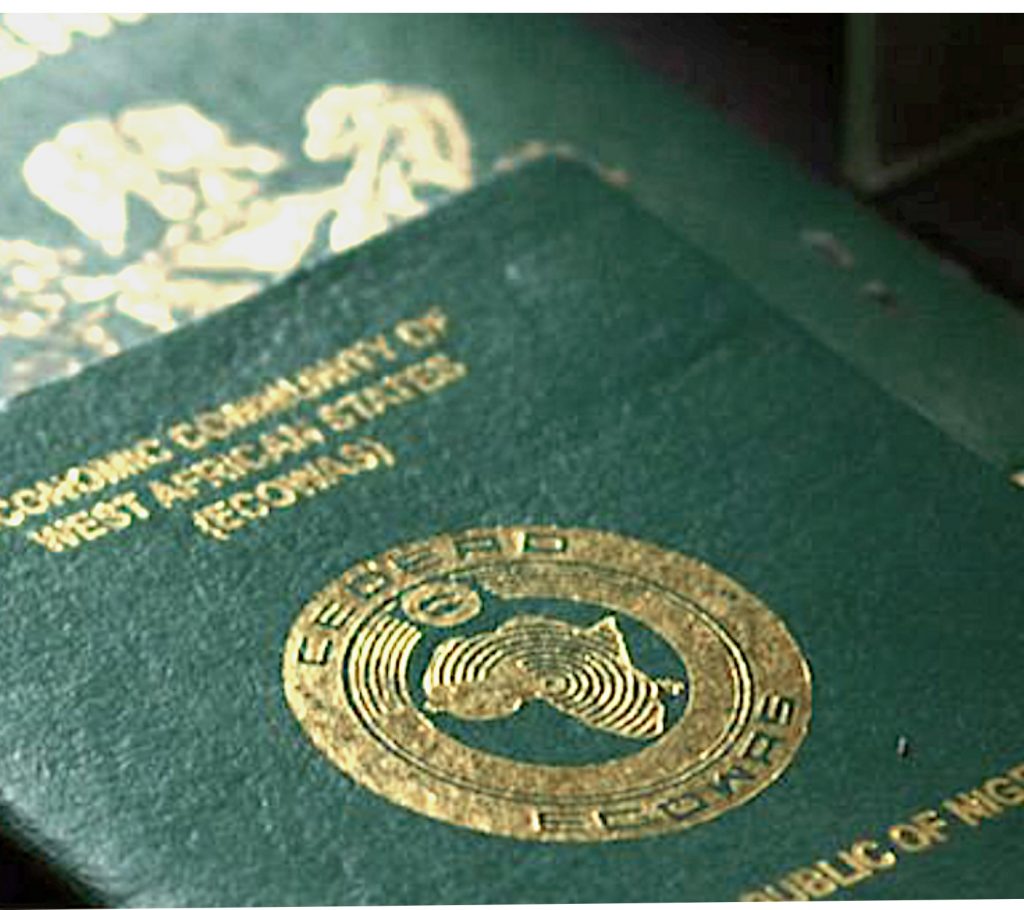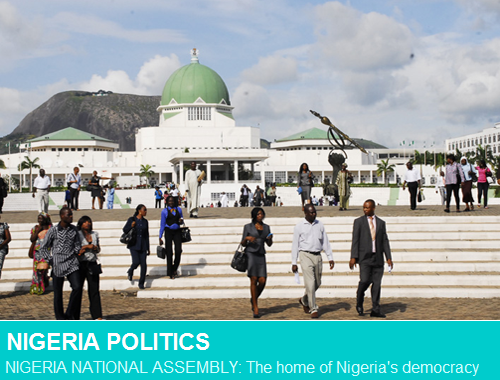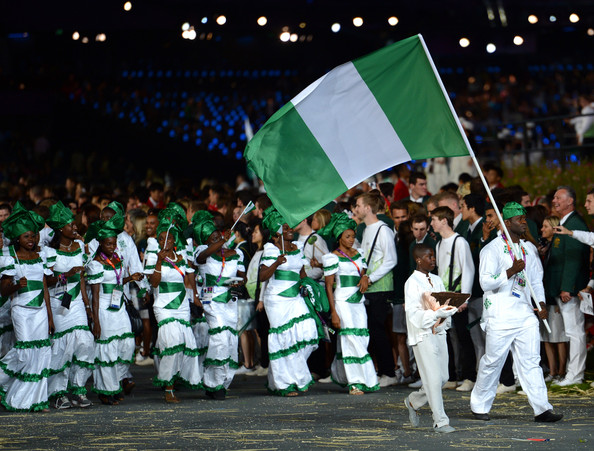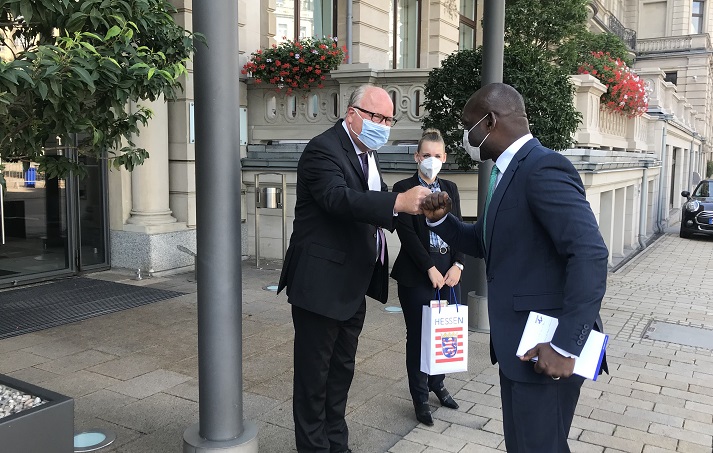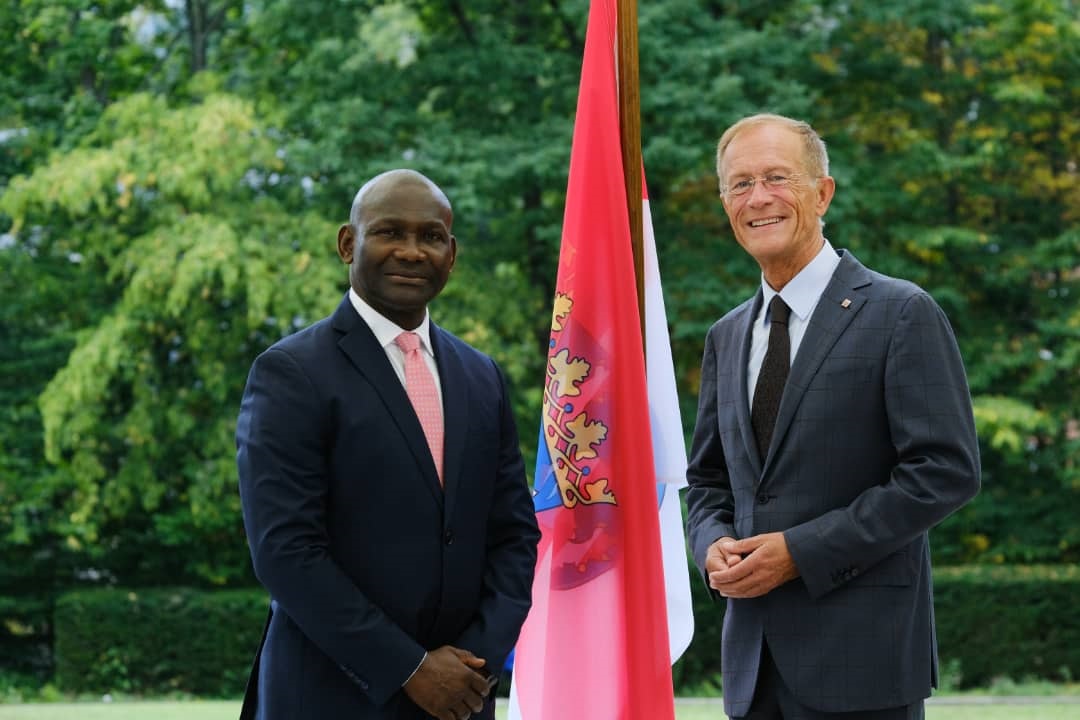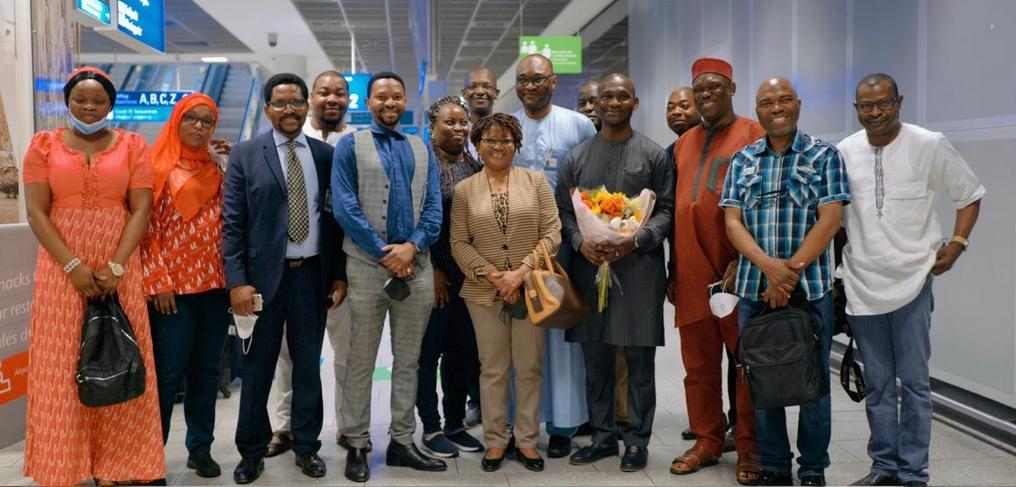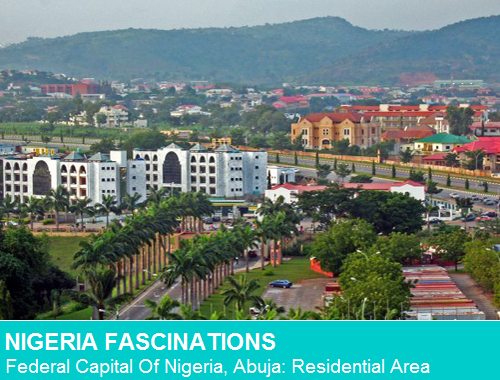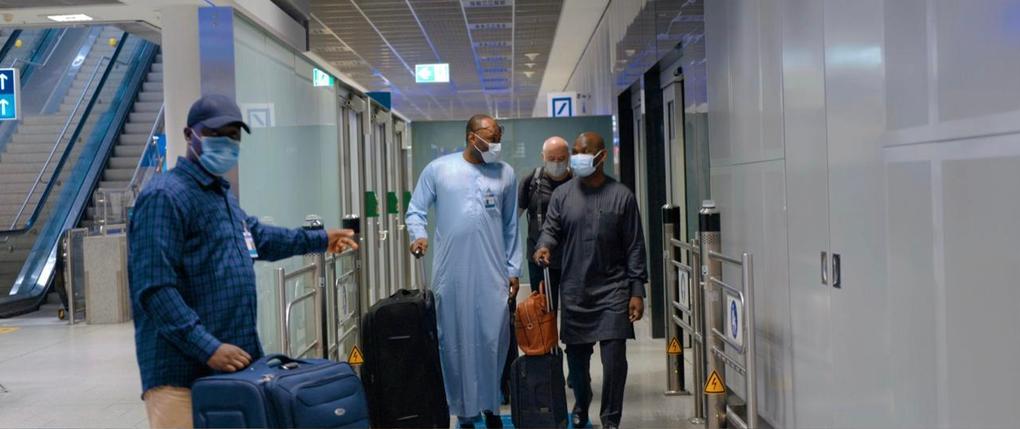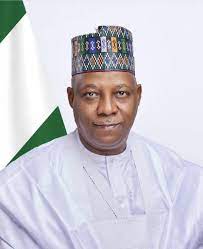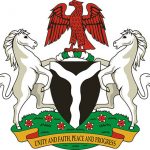
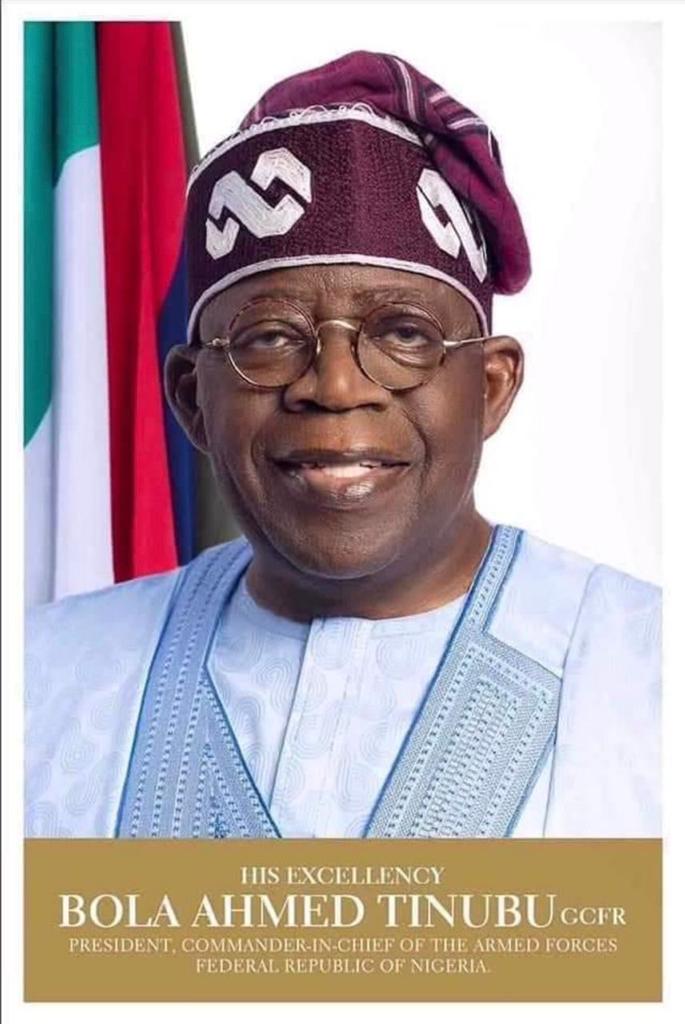
GCFR Commander in Chief of the Armed Forces
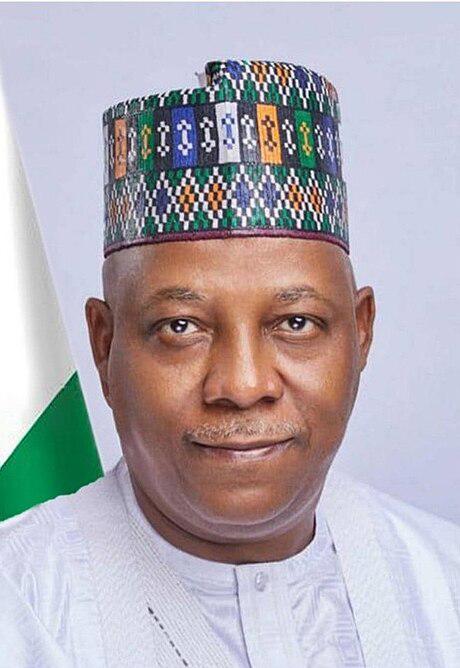
Vise President Federal Republic Of Nigeria
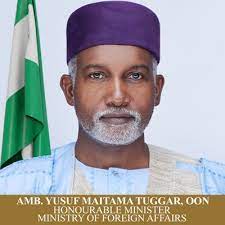
Hon. Minister of Foreign Affairs
Message from the Consulate General
Fellow Nigerians, friends and visitors,
Welcome to the official website of the Consulate General of Nigeria in Frankfurt!
This website provides quick access to information regarding our available consular services.
Frankfurt is an integral part of the rapidly expanding Nigeria-Germany bilateral relationship.
The Consulate General is fostering excellent relations between our two countries in the consular jurisdiction states of Hessen, Baden-Württemberg, Bayern, Nordrhein-Westfalen and Rheinland Pfalz.
Cultural and academic engagement between our countries is growing, and we are open to partnerships on new projects
– Amb. Wahab Adekola Akande Consul General
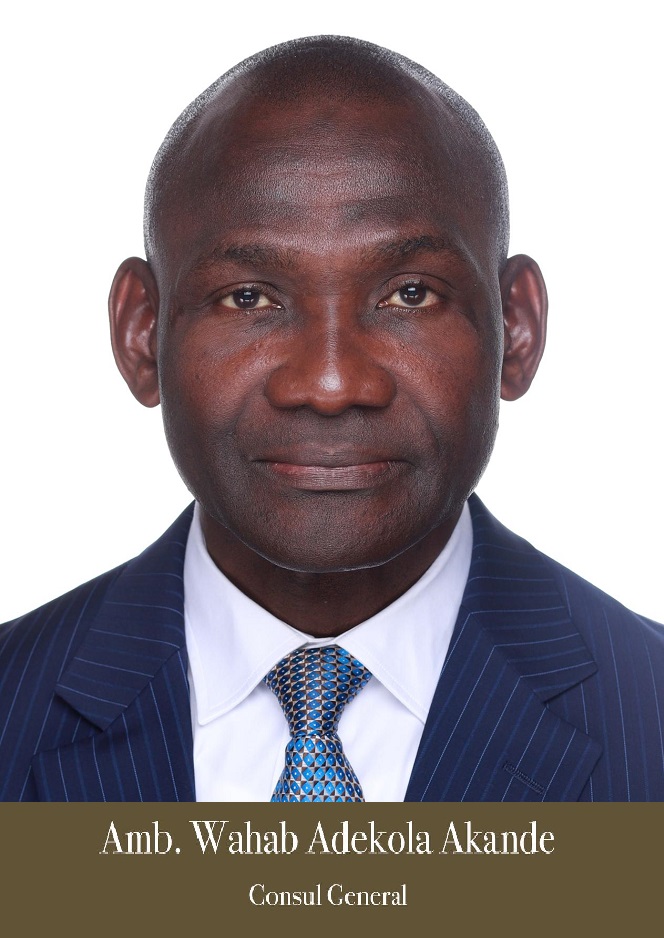
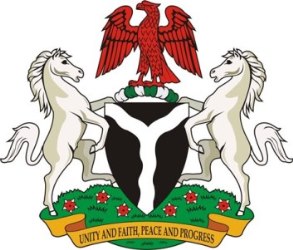
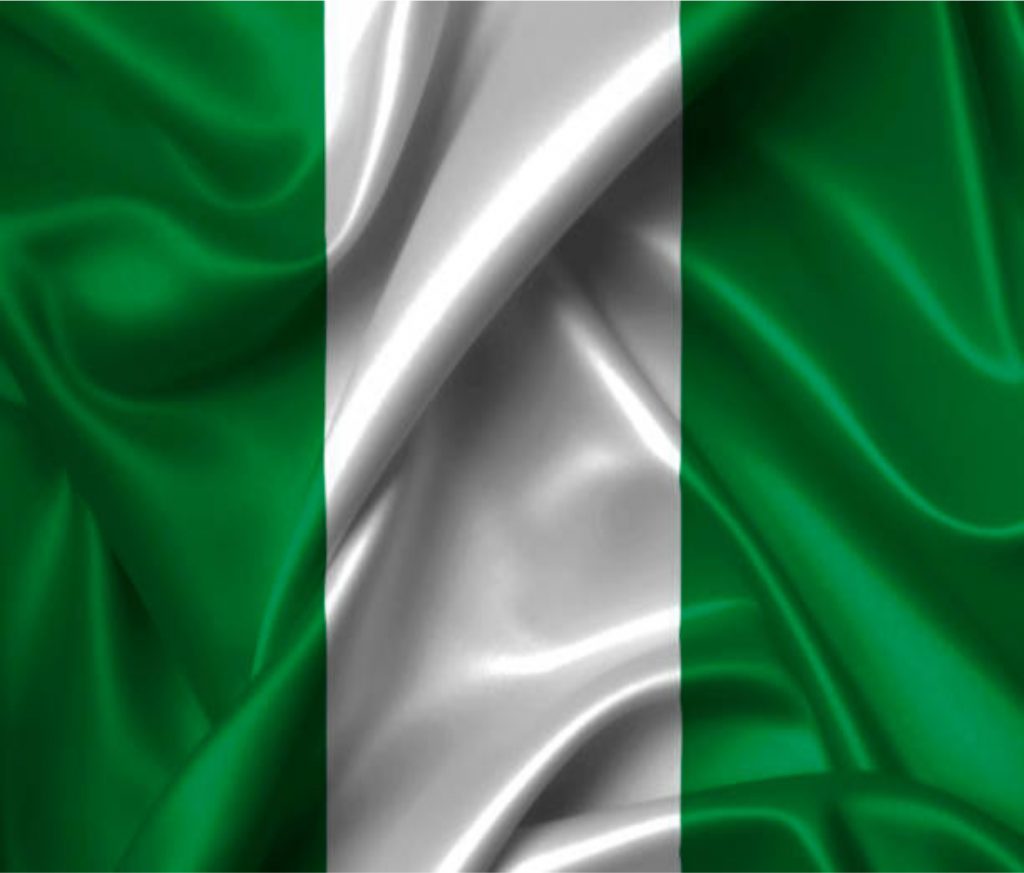

Notice of Public Holiday 62nd Independence Celebration
Passport Services
Visa Services

